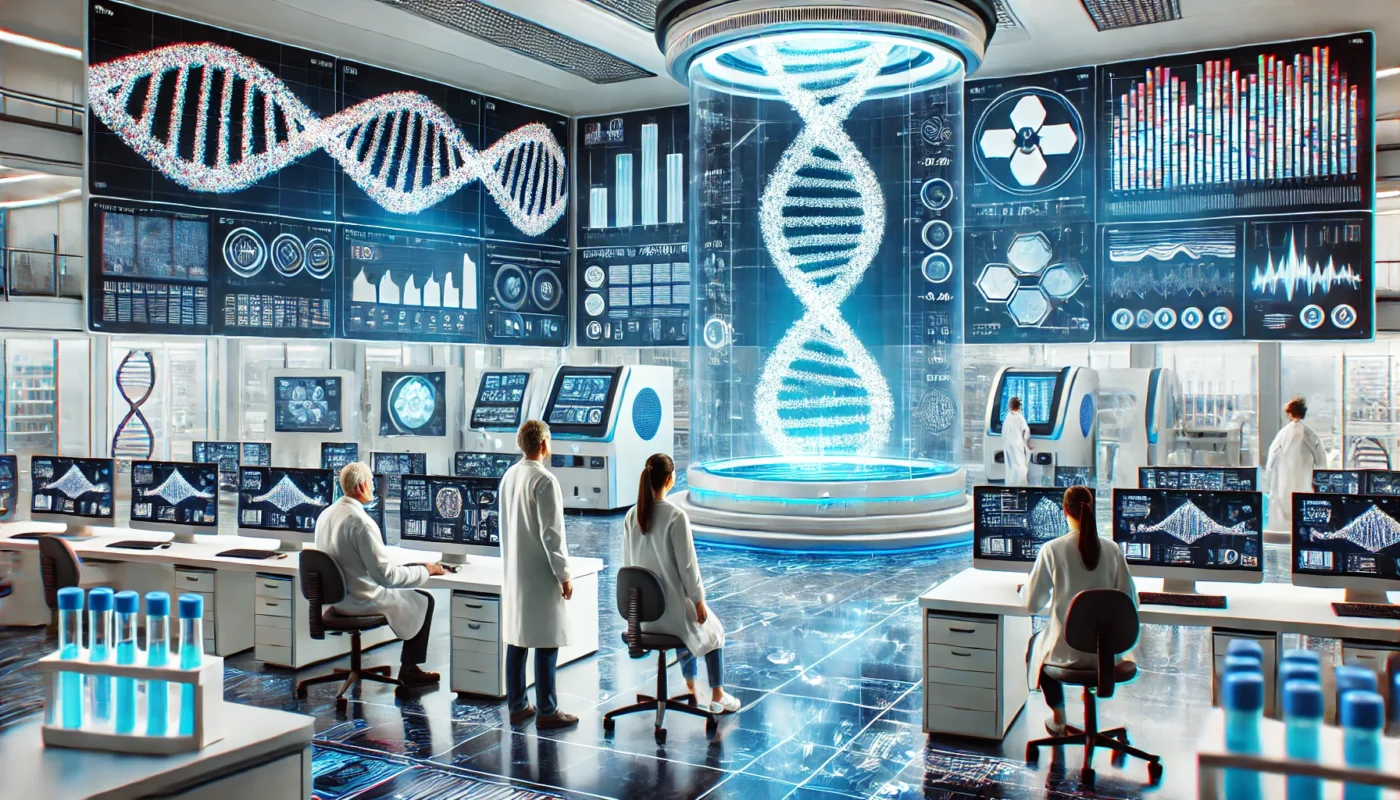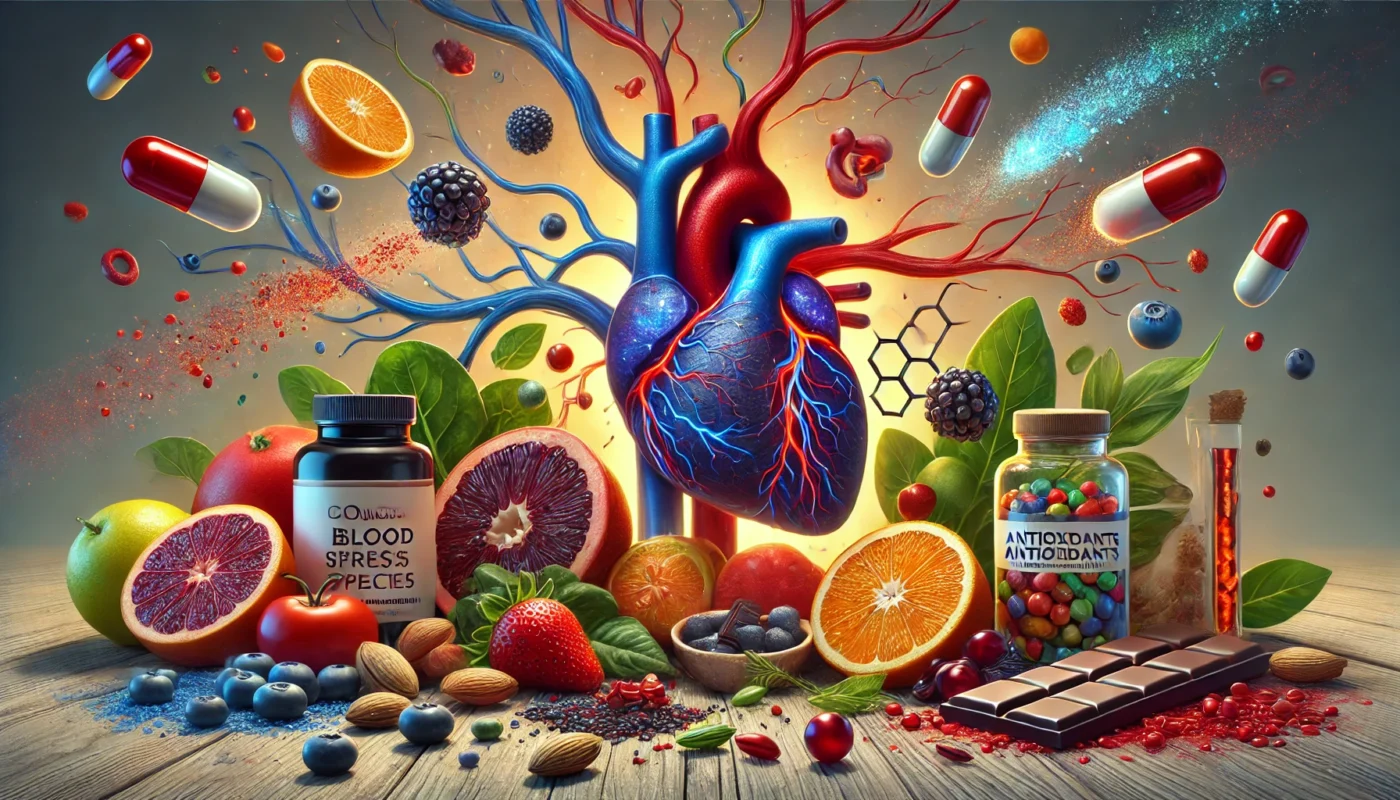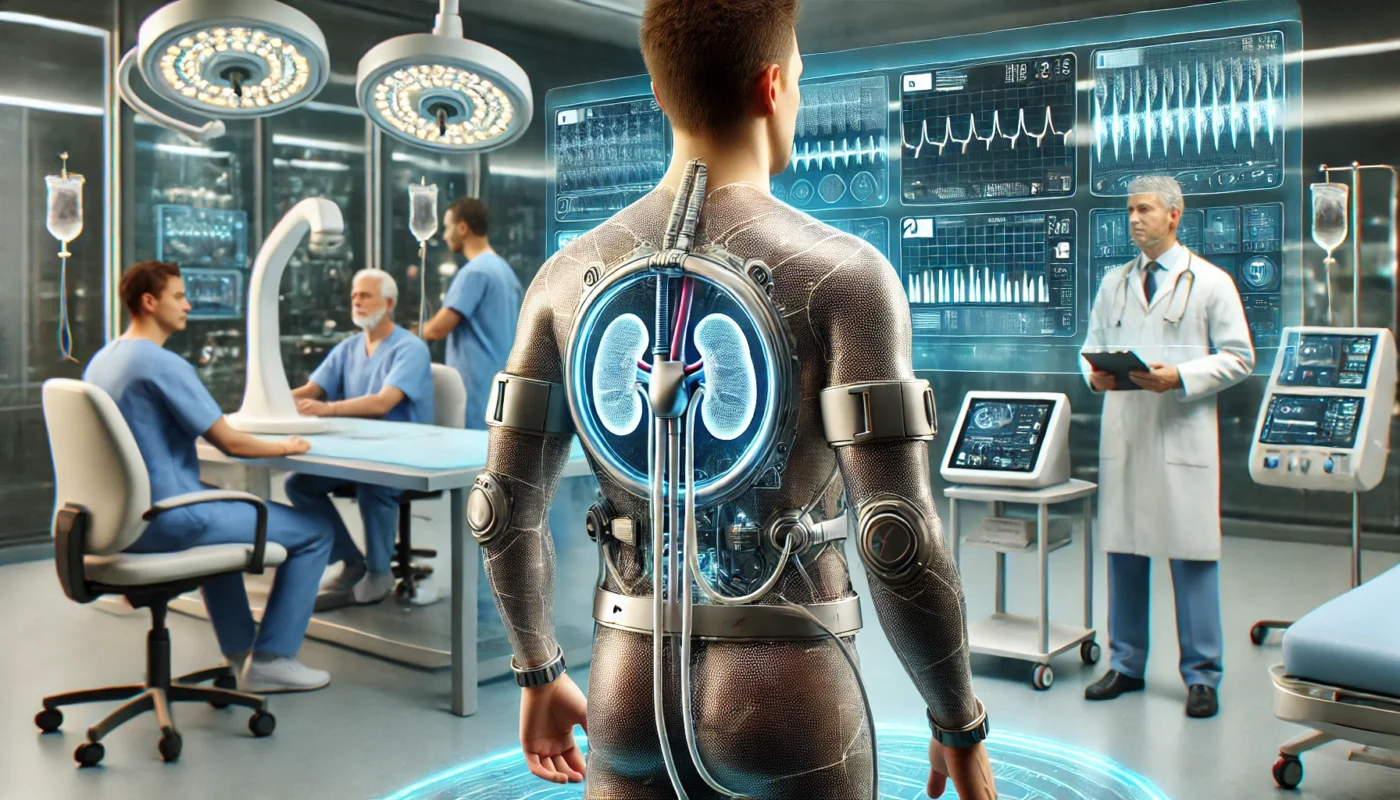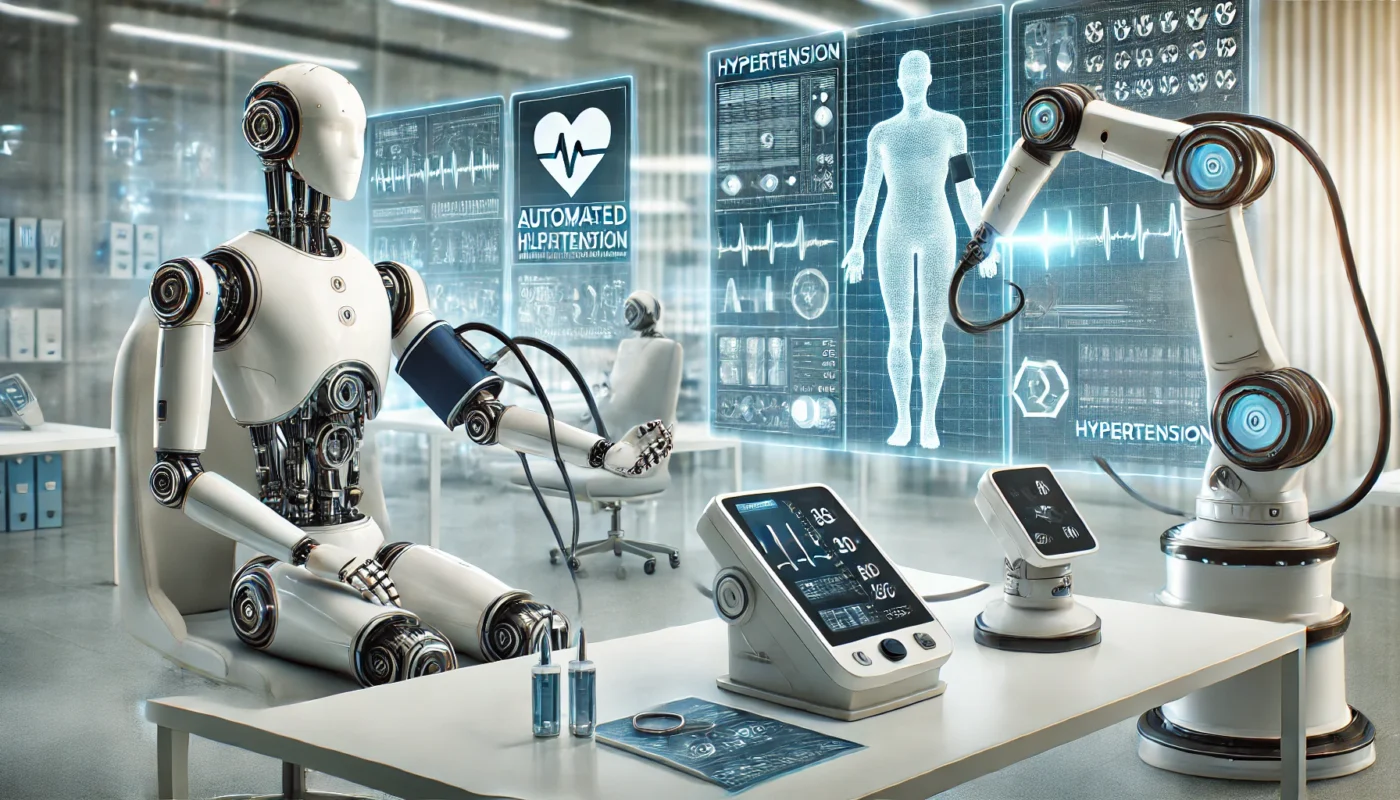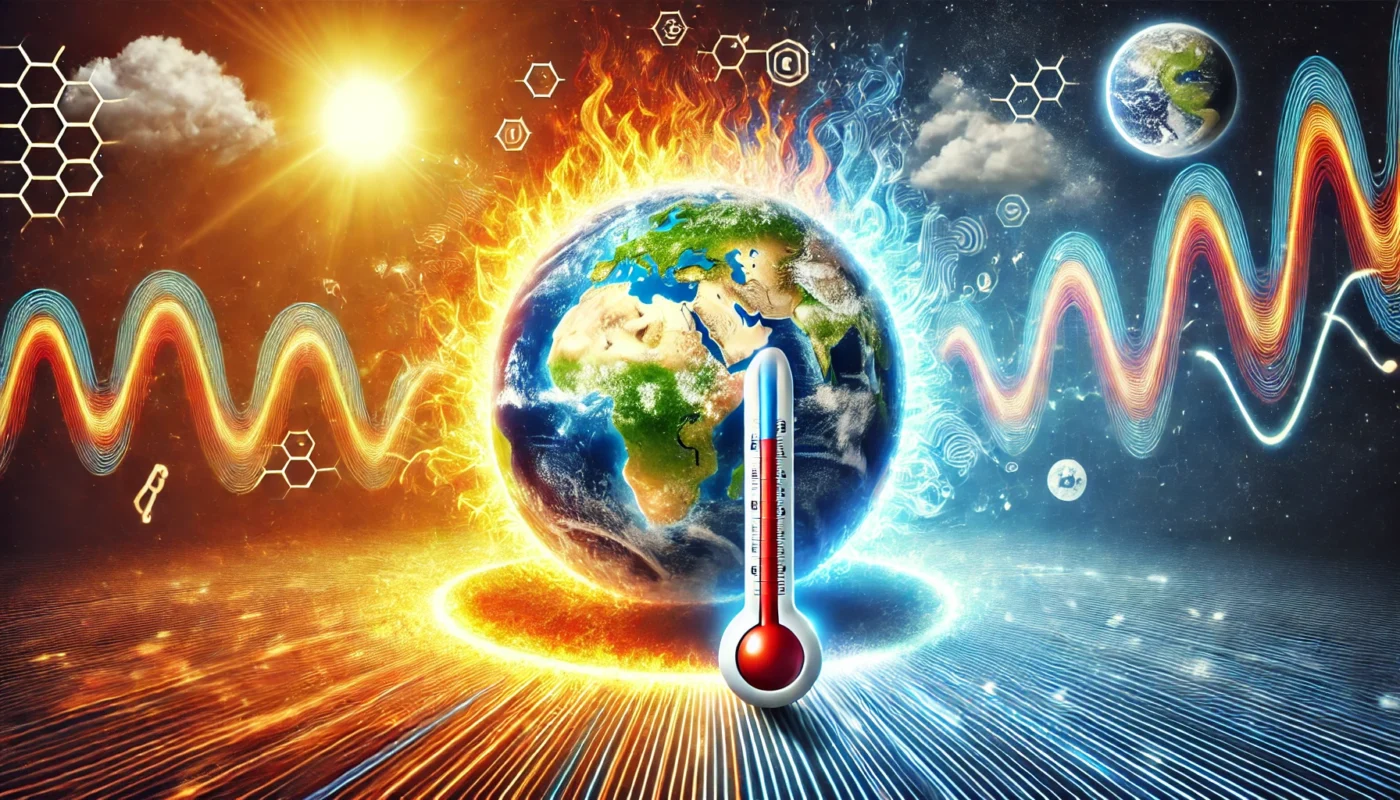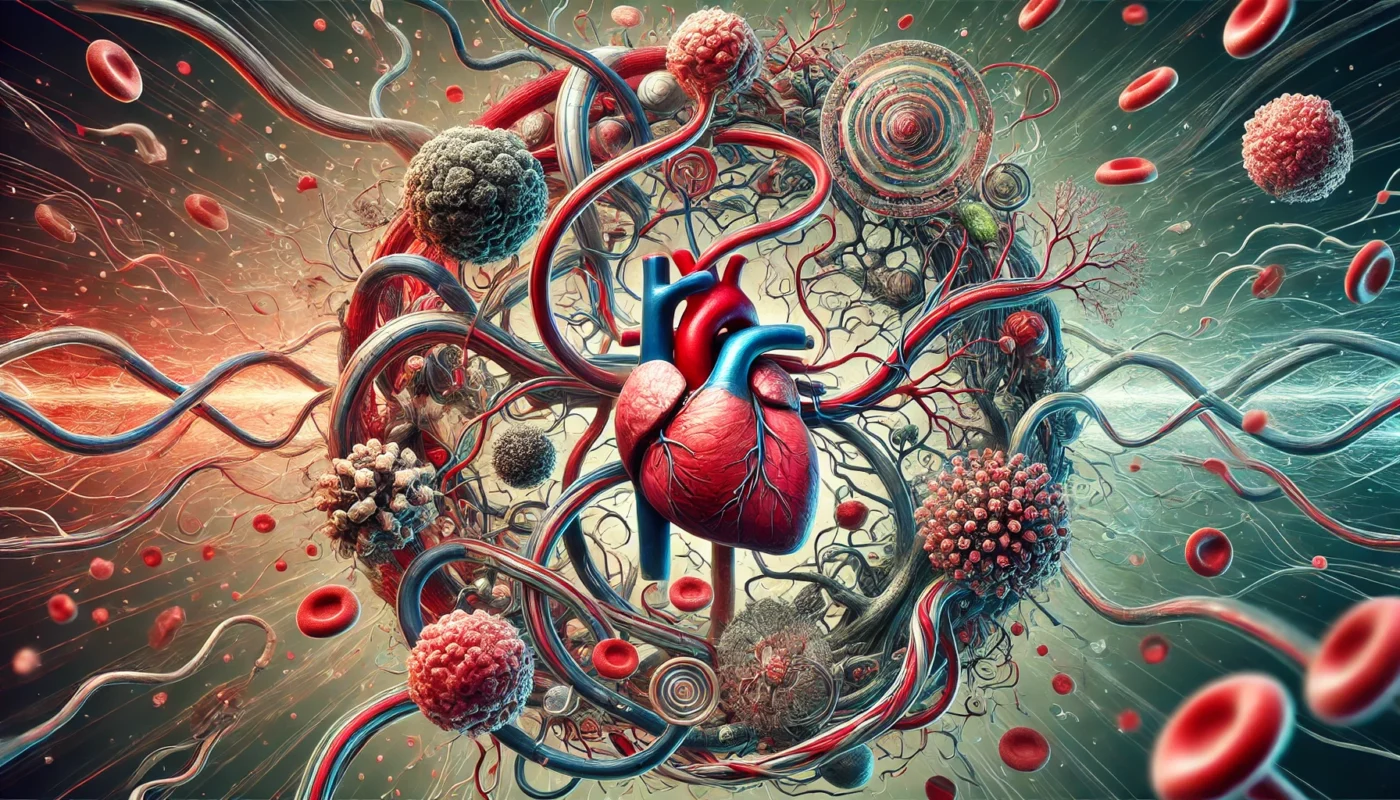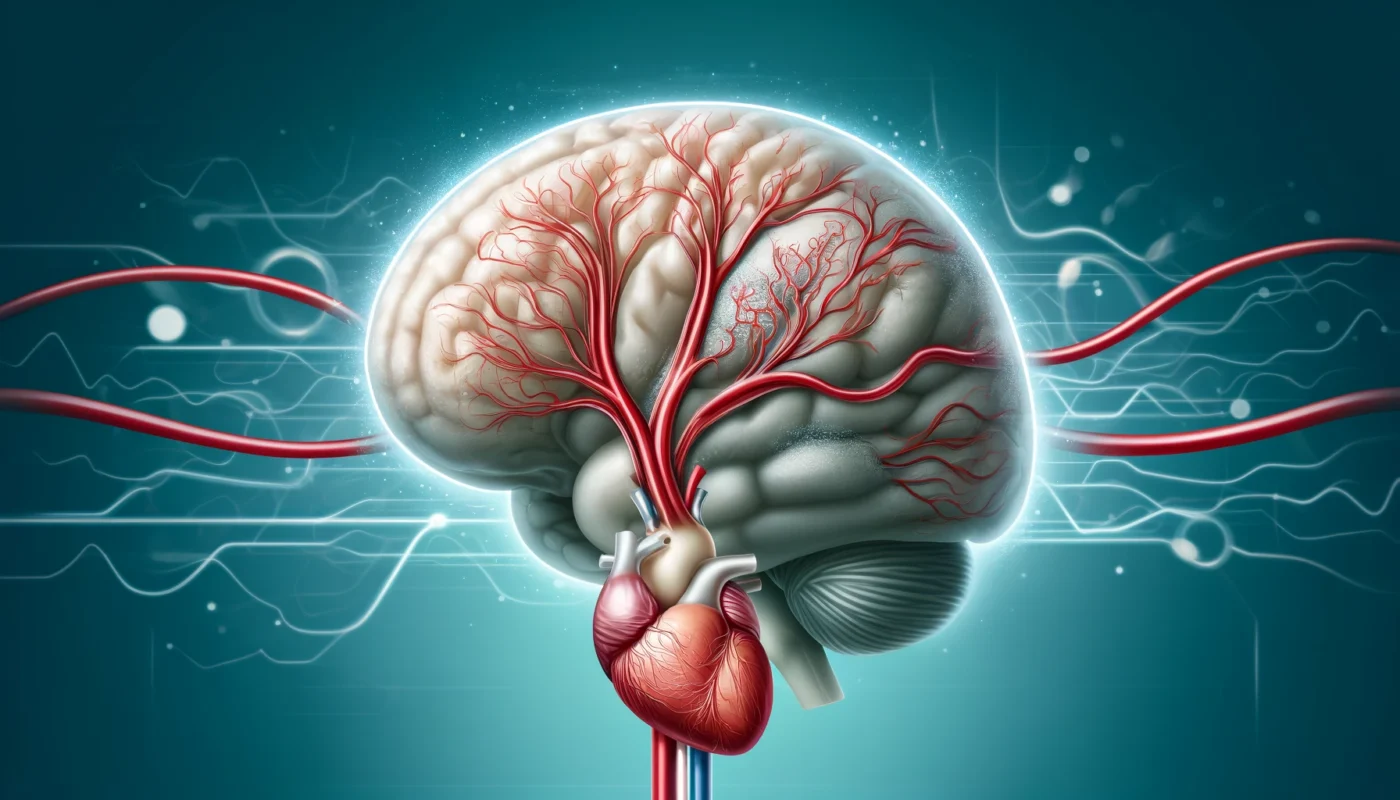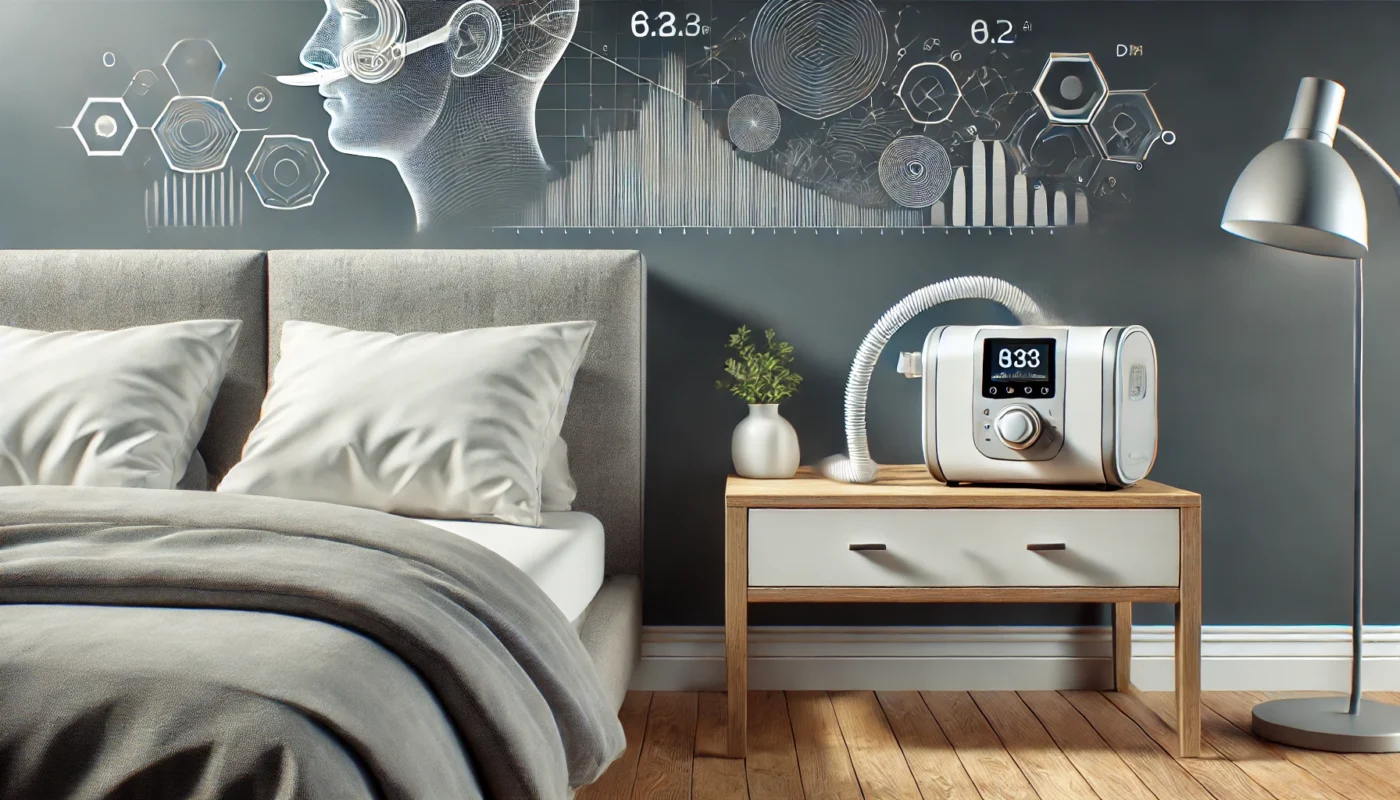Hypertension, or high blood pressure, affects more than 1.28 billion people globally, according to the World Health Organization (WHO). Despite its prevalence, hypertension remains a complex condition influenced by a combination of genetic, environmental, and lifestyle factors. Traditional treatment approaches often rely on generalized strategies, which may not effectively address the unique needs of every individual. Precision medicine, a revolutionary approach to healthcare, offers a pathway to more effective hypertension management. By leveraging advancements in genomics, data analytics, and personalized treatment plans, precision medicine is transforming how hypertension is diagnosed and treated.
Tag Archives: Hypertension
Hypertension, or high blood pressure, is one of the leading causes of heart disease, stroke, and kidney failure worldwide. Affecting over 1.28 billion people globally, according to the World Health Organization (WHO), hypertension is often dubbed a “silent killer” because it typically develops without noticeable symptoms. Among the many factors contributing to hypertension, oxidative stress has emerged as a key player in the condition’s progression. Antioxidants, compounds that counteract oxidative damage, are now being explored as potential therapies for managing hypertension.
This article looks into the link between antioxidants and hypertension, examines the evidence supporting antioxidant-based treatments, and discusses how these therapies could complement existing approaches.
Hypertension, or high blood pressure, is a global health crisis affecting more than 1.28 billion adults worldwide, according to the World Health Organization (WHO). Despite decades of medical advancements, the condition remains a leading risk factor for cardiovascular diseases, stroke, and kidney failure. However, the advent of big data analytics is revolutionizing how hypertension is studied, diagnosed, and managed. By analyzing vast amounts of healthcare data, researchers and clinicians are uncovering patterns, predicting risks, and tailoring treatments with unprecedented precision. This article explores how data-driven approaches are transforming hypertension care, improving patient outcomes, and paving the way for a more personalized and proactive healthcare system.
Hypertension, or high blood pressure, affects nearly half of adults globally, as reported by the World Health Organization (WHO). It is a leading cause of heart disease, stroke, and kidney failure, and its complications account for a significant proportion of healthcare costs worldwide. For patients with severe or treatment-resistant hypertension, conventional therapies such as medications and lifestyle changes may not suffice. This has spurred interest in advanced bioengineering solutions, particularly artificial organs, as a potential avenue for managing or even reversing the effects of chronic hypertension. This article explores how artificial organs might support patients with severe hypertension, examining the science, current developments, and future possibilities in this innovative field.
Hypertension, or high blood pressure, is a silent yet pervasive health issue affecting more than 1.28 billion people worldwide, according to the World Health Organization (WHO). As a major risk factor for heart disease, stroke, and kidney failure, its management requires accurate diagnosis, consistent monitoring, and effective treatment. However, current healthcare systems often struggle to provide the efficiency and personalization needed to address this global challenge. Enter robotics: a rapidly advancing field with the potential to revolutionize hypertension care. From improving diagnostic accuracy to enabling precise treatments, robotics is poised to transform how we approach blood pressure management.
Hypertension, or high blood pressure, is a leading global health concern, affecting over 1.28 billion adults and contributing significantly to cardiovascular disease, stroke, and kidney failure. While the primary drivers of hypertension include diet, lifestyle, and genetics, recent research suggests that environmental factors, particularly those associated with climate change, may also play a role in its prevalence and treatment. As global temperatures rise, so do the challenges for managing hypertension. This article explores how climate change influences hypertension trends and offers insights into potential solutions to mitigate its effects.
Hypertension, or high blood pressure, is a global health epidemic, affecting nearly 1.28 billion adults worldwide according to the World Health Organization (WHO). It is a leading cause of cardiovascular disease, stroke, and kidney failure, yet its connections to other health issues, particularly cancer, are often overlooked. Emerging research highlights a potential link between hypertension and an increased risk of cancer, prompting questions about shared mechanisms and causative factors. This article delves into the overlapping pathways between hypertension and cancer, the evidence supporting their connection, and what this means for prevention and treatment strategies.
Hypertension, or high blood pressure, is one of the most prevalent chronic health conditions, affecting nearly half of adults globally, according to the World Health Organization (WHO). Often called the “silent killer” due to its lack of symptoms, hypertension is a major risk factor for cardiovascular diseases, stroke, and kidney failure. However, its effects on brain health, specifically cognitive decline, are less well-known but equally concerning. Research increasingly points to the significant role hypertension plays in accelerating cognitive impairments, contributing to conditions such as vascular dementia and Alzheimer’s disease. This article explores the connection between hypertension and cognitive decline, the mechanisms driving this relationship, and innovative treatments that may mitigate the long-term effects of high blood pressure on the brain.
Hypertension, or high blood pressure, is a global health challenge affecting over 1.28 billion people worldwide. It is a significant contributor to cardiovascular diseases, stroke, and kidney failure. While lifestyle modifications and medications are effective for many, approximately 10–20% of individuals experience resistant hypertension, a condition where blood pressure remains elevated despite the use of three or more antihypertensive medications. This unmet need has driven interest in innovative therapies, including neural stimulation devices. These devices target the nervous system to modulate blood pressure regulation, offering hope for patients with difficult-to-control hypertension. This article reviews the science, current research, and future potential of neural stimulation devices for hypertension management.
Hypertension, or high blood pressure, is a pervasive health concern affecting nearly half of adults worldwide, according to the World Health Organization (WHO). While it is well-known as a leading cause of cardiovascular diseases, strokes, and kidney failure, many people are unaware of the link between hypertension and sleep apnea. Obstructive sleep apnea (OSA), a condition marked by repeated interruptions in breathing during sleep, has been strongly associated with persistent and difficult-to-treat high blood pressure. Fortunately, treating sleep apnea with specialized devices, such as continuous positive airway pressure (CPAP) machines, can significantly improve sleep quality and lower blood pressure levels, ultimately reducing cardiovascular risks. This article explores the relationship between sleep apnea and hypertension, the mechanisms behind their connection, and how sleep apnea devices can play a vital role in managing high blood pressure.

